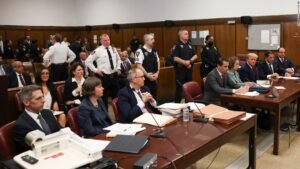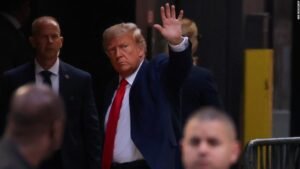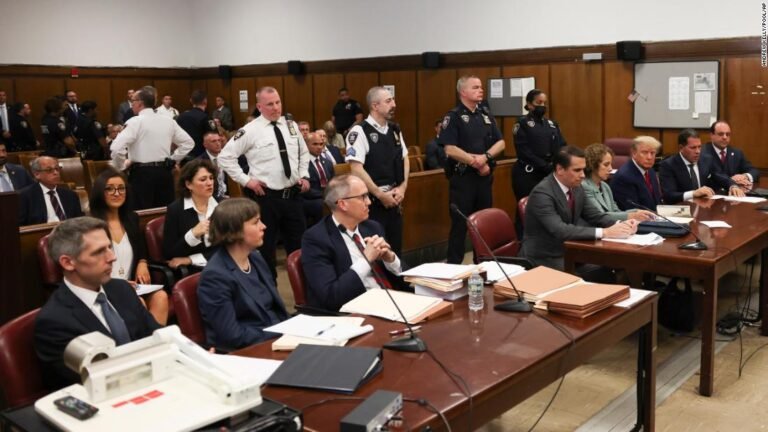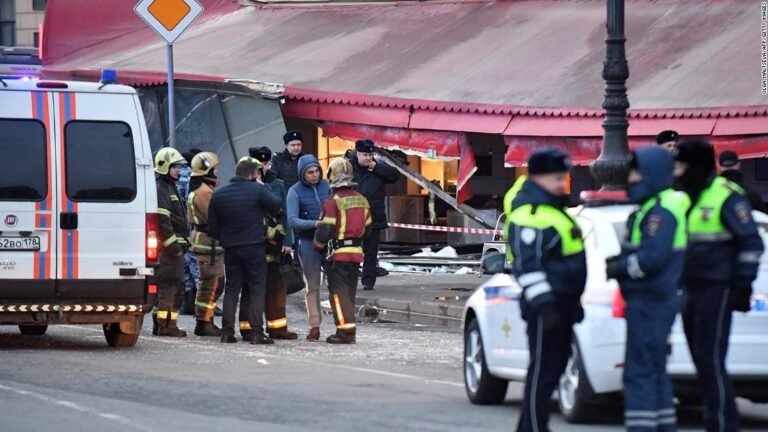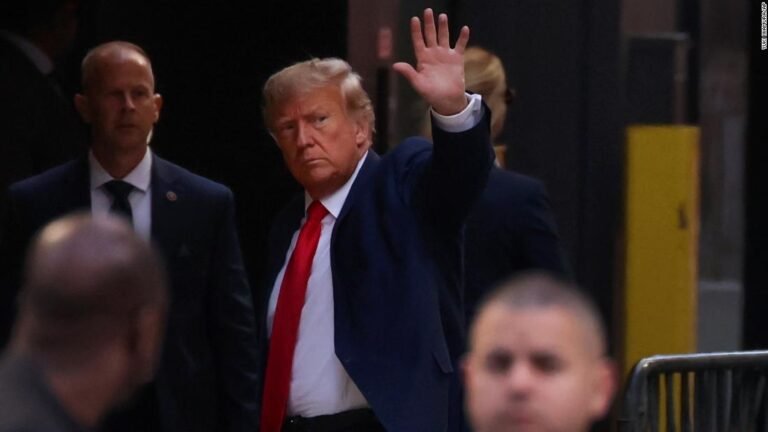Trump Security Clearances: A National Security Debate
Recently, the subject of Trump’s defense clearance had a powerful argument. The Trump administration’s move to remove security clearances from several new and former officials raises fears in Washington. A couple thinks it’s more necessary now than patriotic insurance to send out public messages. Alterns claim to send a strong message against leaks of information and disloyalty. These actions seem to be establishing a clear division, as classified information is already threatened.
Recent Security Clearance Revocations Under Trump
The withdrawal of the security clearances of 37 current and former government officials caught the attention of the Trump administration. The related press release, which affected important persons in a number of parts of the national security structure, has been published.
Which Agencies and Officials Were Affected?
The people affected worked at places like:
- Central Intelligence Agency (CIA)
- National Security Agency (NSA)
- State Department
- National Security Council (NSC)
Superior acumen officials, diplomatic advisors, and senior security analysts are the most affected. In addition, the effect is accompanied by former officials of the previous administration, which worries many in the acumen and the diplomatic circles.
Why Were These Clearances Revoked?
The administration says these revocations are to keep trust and protect classified info. They claim:
- Intelligence work was becoming too political.
- Classified info was being leaked to the press.
- There were ethical breaches or failures to meet standards.
- People were being disloyal to the administration.
Officials in the White House say that clearance is a privilege, not a necessity. They argue that it is essential to save sensitive substances from the current agreement of insiders, former enemies, or judges.
The Political and Legal Controversy
The extent to which they are revoked and when they occur leads to the accusation that security methods are being used politically. Supporters see it as an attempt to reduce discrimination in federal service, while commentators fear it jeopardizes the independence required for federal security employment.
The Guardian has more on these events and how they’re affecting the intelligence community.
How Does This Compare to the Past?
In the past, security clearances were usually revoked for:
- Failing background checks
- Sharing secrets or making unauthorized disclosures
- Committing crimes
- Being influenced or corrupted
Under Trump, explanations often include things like recognizing the current essentials of the administration or lying. This suggests an adaptation from conventional safety techniques and may damage the morale of federal team members presumed to be nonpartisan.
| Conventional grounds for withdrawal | Recent Trump era grounds |.
| Espionage | Creating awareness for excessive civic responsibilities |.
| Criminal project | Talking away from the administration |.
| security breach | rumored leak to the forum |.
| economic risks | disloyalty |.
Legal and Ethical Issues
In the midst of a policy and security job, permissible professionals and former officials declare these activities over the line. The Federal News Bureau’s report on the terrors includes.
- Lack of clear process for those affected
- the possibility of withdrawing the target personal position or political address, causing real risks.
- The negative impact on independence within intelligence agencies
Moreover, the Respective Freedoms Communities argue that the use of clearance for government purposes could violate freedom of address and fair procedure. Outside the loss of understanding and the strain on officials, analysts are suffering from a lack of cooperation in order to reach an agreement with the administration in order to preserve their careers.
In Conclusion
The argument over Trump’s protection clearance reveals a lack of agreement on executive competence and patriotic safeguards. As the goal was to protect delicate information and prevent leaks, there was widespread concern that the loyalty test and community criticism would end the career. This could have far-reaching implications on agency independence, public confidence, and the United States. The ability to save a secret without publicizing it. As the present argument progresses, American patriotism tolerates both external threats and internal disputes.

